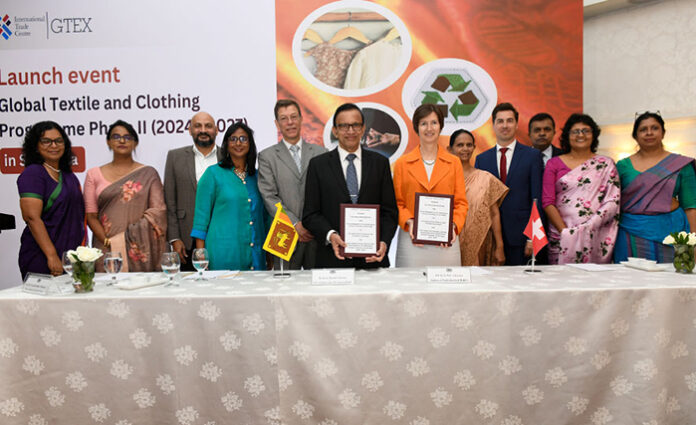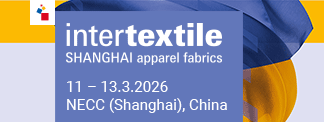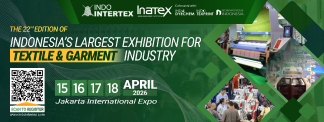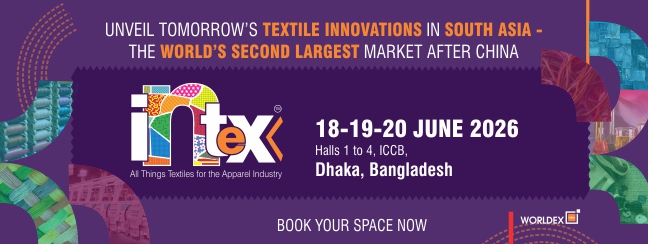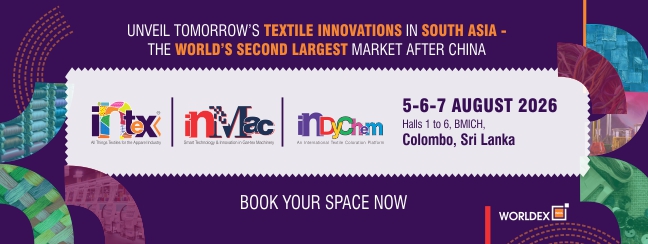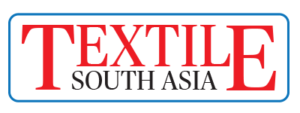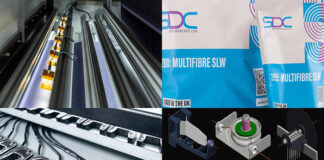Switzerland’s State Secretariat for Economic Affairs (SECO) and the Swedish International Development Cooperation Agency (SIDCA) together with the International Trade Center (ITC) made arrangements to launch the “Second phase of the Global program on Textile and Clothing (GTEX2)” in Sri Lanka to ehnace the capabilities of the Sri Lanka apparel sector to increase its presence in global market.
In this context, Sri Lanka Export Development Board (EDB) together with the Joint Apparel Association Forum Sri Lanka (JAAF) collaborate with the Swiss Confederation in implementing the Second Phase of the Global Programme on Textile and Clothing (GTEX2) from 2024 – 2027.
Background of the Programme
This is a five-year program that includes Egypt, Jordan, Morocco, Tunisia and Sri Lanka. GTEX2 will support SME companies in Textile and Clothing industry to improve their operational capacities, including social norms and environmental sustainability, add value to existing products & services and expand exports to traditional and new markets.
EDB in collaboration with Swiss Import Promotion Programme (SIPPO) conducted a comprehensive market research study for Value added Textile products of Sri Lanka for selected EU countries. Findings of the market study was disseminated to the apparel industry by publishing in the EDB website, circulating among industry and conducting webinars in collaboration with SIPPO.
With the success of this market research, Switzerland Government included Sri Lanka for the Second Phase of Global Textile and Clothing Programme (GTEX2). First phase of Global Textile and Clothing (GTEX 1) has been carried out in Jordan, Egypt, Morocco, Tunisia, Kyryzstan and Tajikistan. The Second phase of the programme will be carried out in Egypt, Morocco, Tunisia, Jordan and Sri Lanka.
In this regard, EDB will sign a Project Agreement with the Swiss State Secretariat for Economic Affairs (SECO) to implement the GTEX2 in Sri Lanka from 2024 to 2027 for the benefit of the Sri Lankan apparel sector.
The main stakeholders of the GTEX2 Sri Lanka program are EDB and the JAAF. The Swiss Government will fund this program and the International Trade Center (ITC) will provide the technical assistance.
A National Project Coordinator (NPC) has been recruited for Sri Lanka to implement the project activities.
Objective of GTEX
The overall goal of GTEX is to contribute to economic growth and poverty reduction through sustainable trade and decent job creation along the Textile & Clothing value chain.
Beneficiaries of the Programme
The main beneficiaries of the program are 20 25 SMEs and 3-5 Fashion designers in the Textile & Clothing Sector, Business Support Organizations (BSOs) serving the sector, Academia, and related training institutions. Further, government agencies also will indirectly benefit as improved regulations on environmental sustainability and trade will improve collaboration with the private sector.
Expected outcome of the programme:
- Increase export competitiveness of SMEs in the textile and clothing value chain in Sri Lanka through a technical assistance project that aims to develop and revitalize the Sri Lankan textile and clothing industry.
- Create employment and income in the textiles and clothing sector.
- Work directly with enterprises to improve their operational capacities, including on social norms and environmental sustainability, add value to existing products and services and expand exports into traditional and new markets.
- Building lasting capacities of sector-specific trade and investment institutions to support the entire industry with improved service offerings.
The Industry at a Glance
Sri Lanka’s Textile & Apparel Industry is the largest export sector of the country with export revenue of over USD 4.5 Bn. in 2023 which is 42 % of total merchandise exports. The main export markets for Sri Lankan apparel products are USA, UK and EU. Compared to the export statistics of the year 2022, it has shown a 19% drop in apparel exports in the year 2023.
The apparel industry is the largest single employer in the manufacturing industry providing direct employment opportunities to over 300,000 and 350,000 indirectly which includes a substantial number of women in Sri Lanka. Around 350 garment factories and 16 textile and fabric manufacturing units are operating in different parts in Sri Lanka.
Apparel categories span includes Sportswear, Lingerie, Loungewear, Bridal wear, Work wear, Swimwear, Children swear. USA and the United Kingdom have historically been the largest buyers of Sri Lankan apparel throughout the decades.
The industry produces high quality garments combined with an industry which is flexible and uniquely capable in servicing leading international brands such as Victoria’s Secret, Gap, Liz Claiborne, Next, Jones New York, Nike, Tommy Hilfiger, Pink, Triumph, Ann Taylor, Speedo, Abercrombie & Fitch, Land’s End, Marks & Spencer, Intimmissimi, etc.
Sri Lanka is a producer of “Garments without Guilt” the ‘Made in Sri Lanka’ label is comfortably synonymous worldwide with the values of high quality, reliability, social and environmental accountability.

